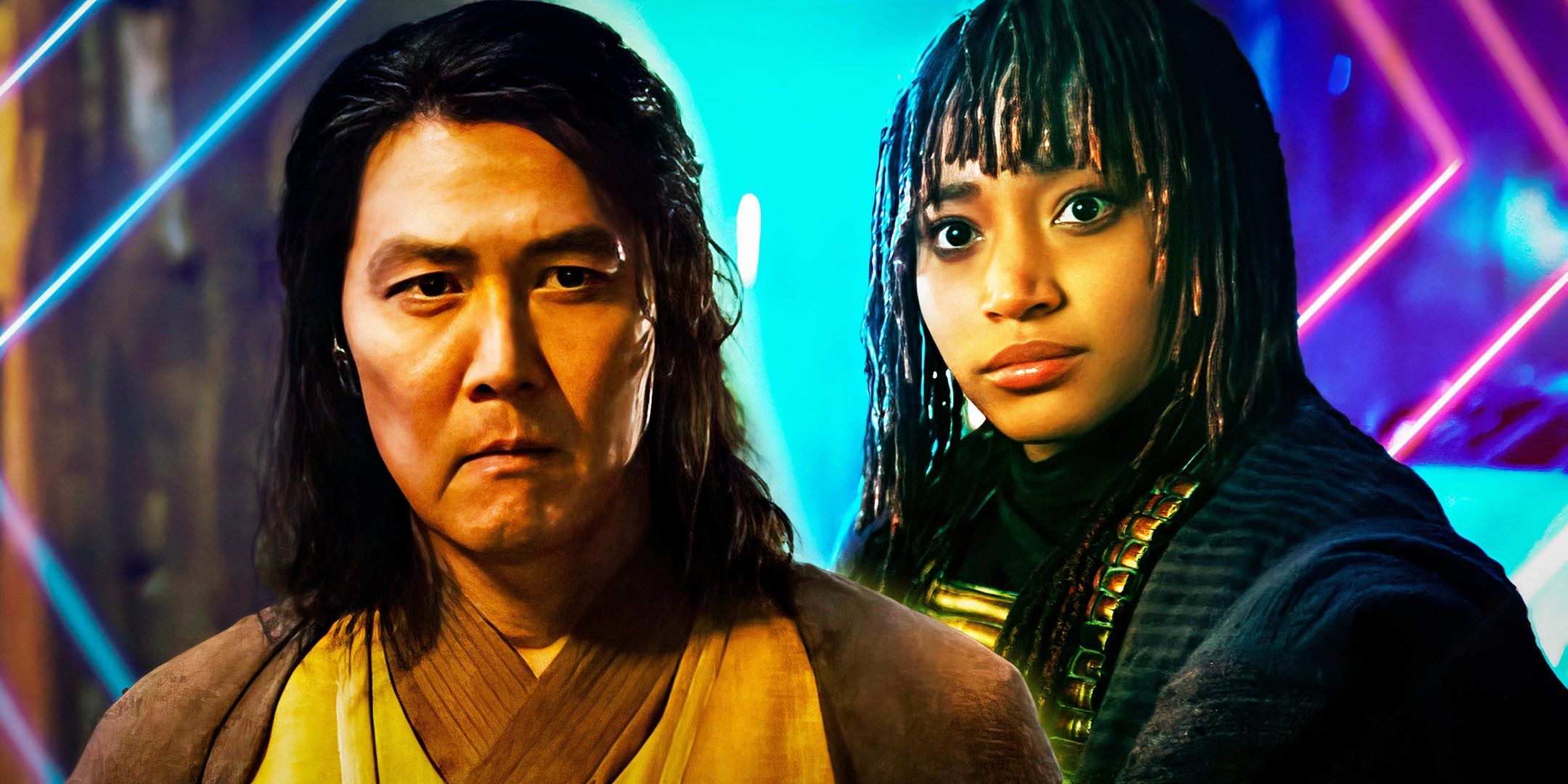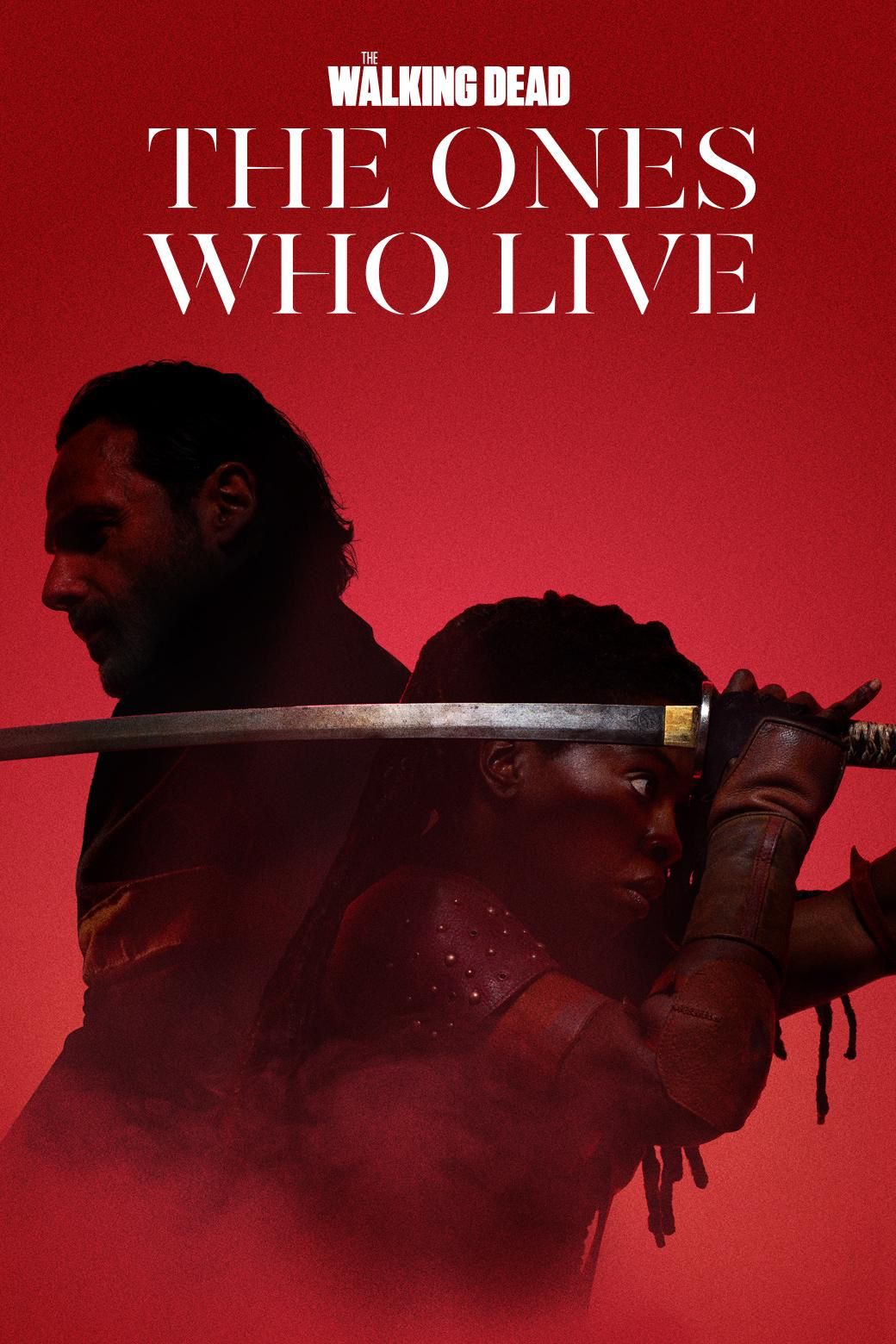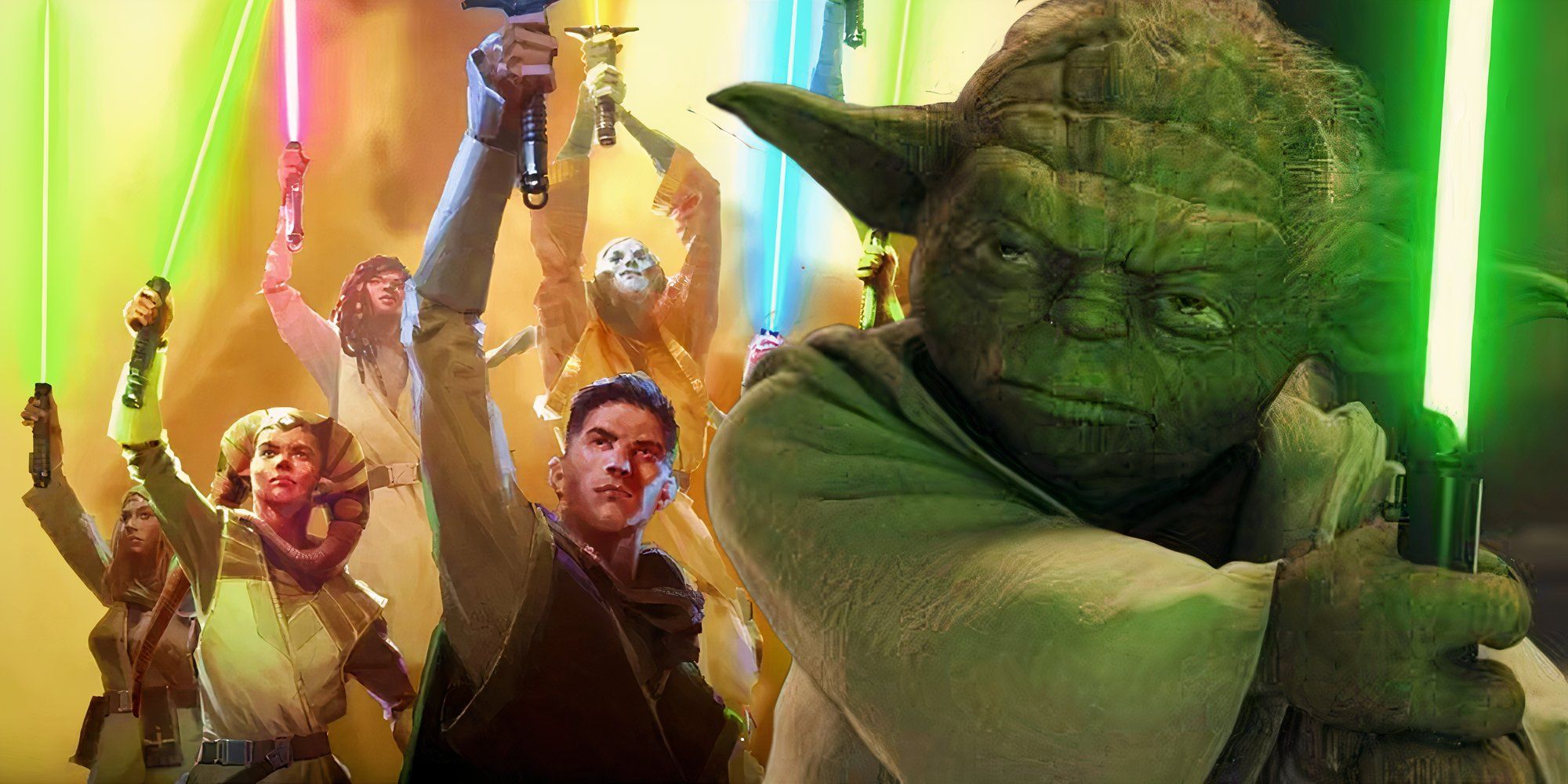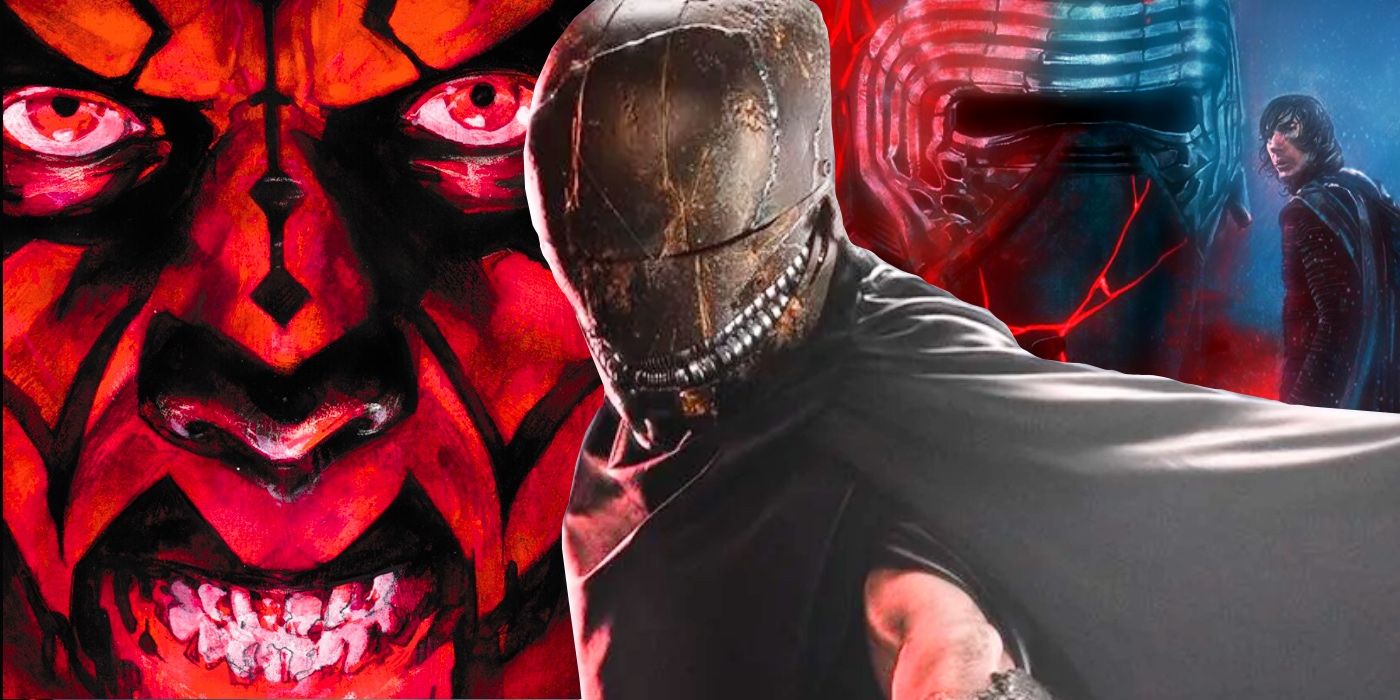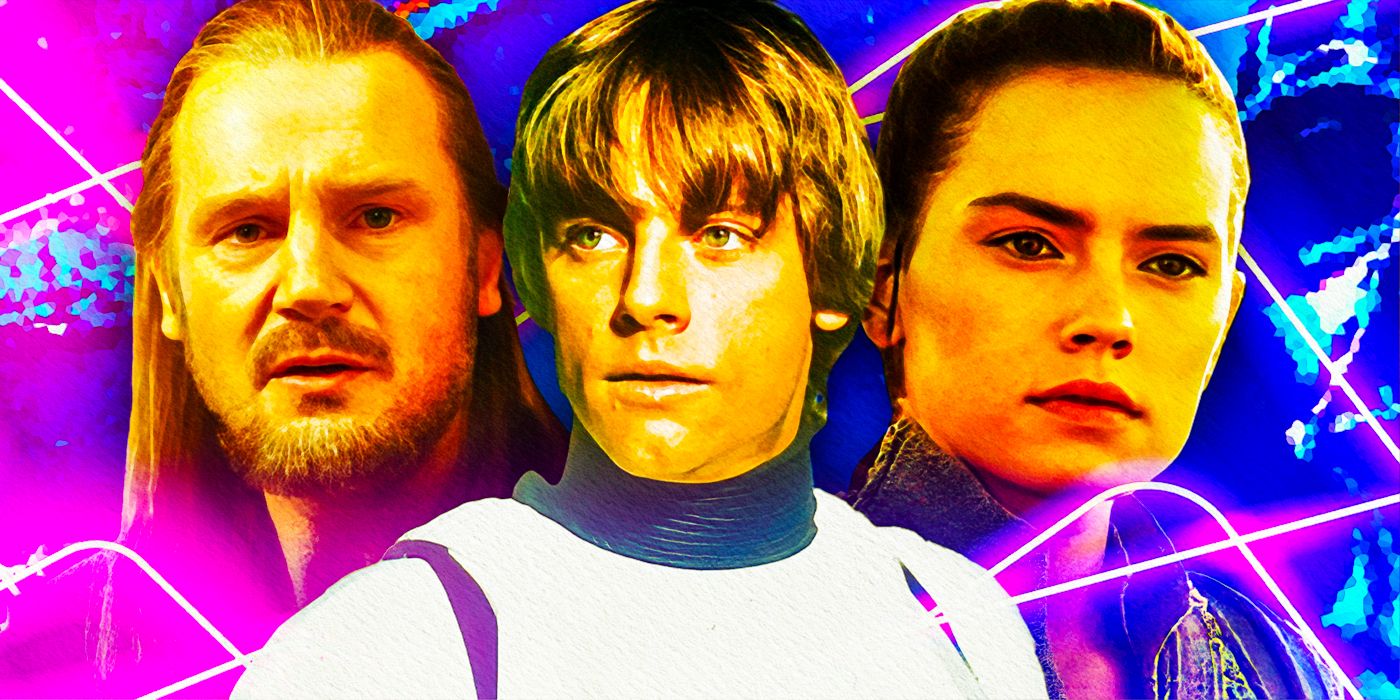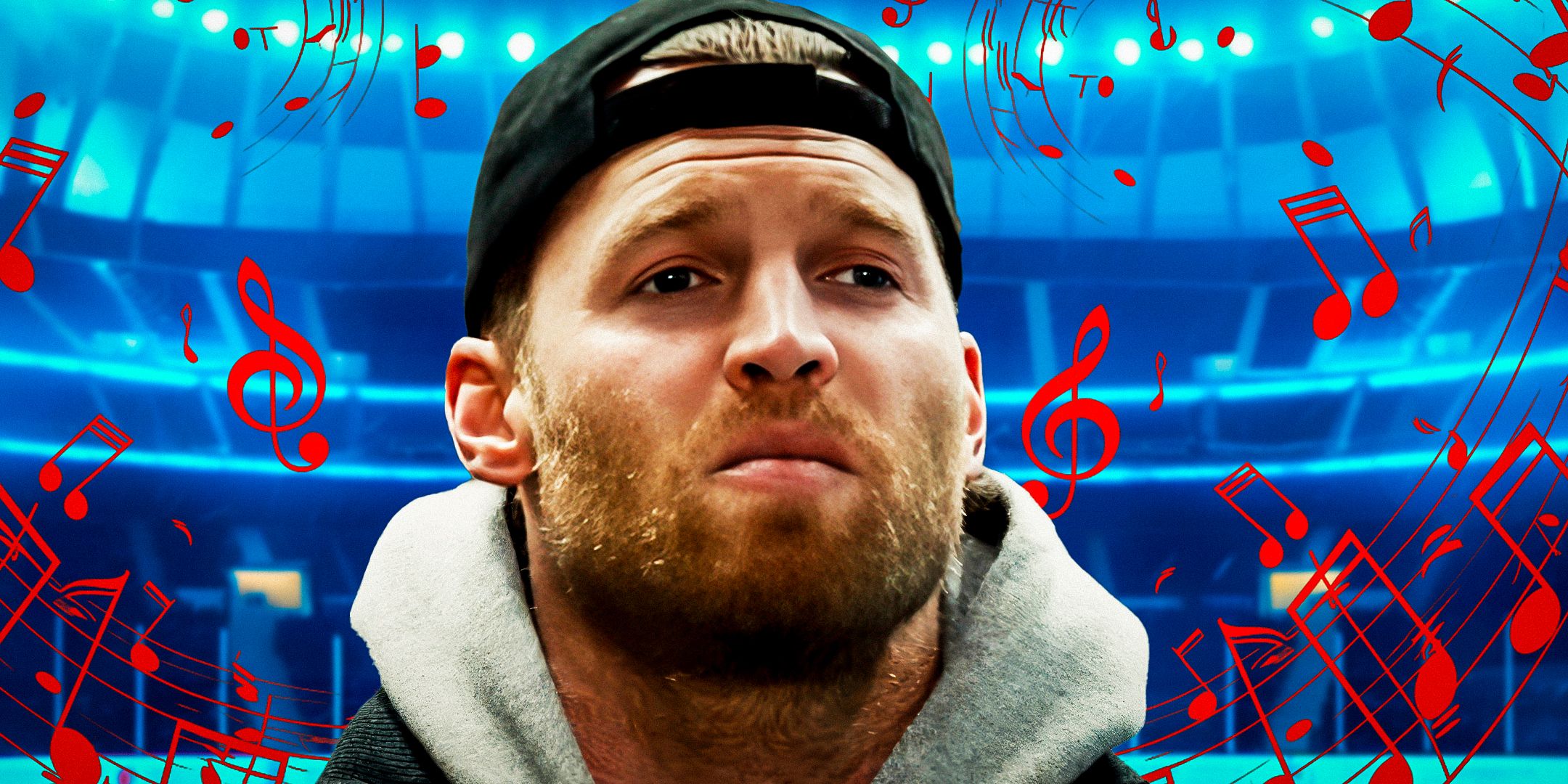Had Joseph Gordon-Levitt’s Batman taken Ben Affleck’s place in the DCEU, how would the franchise have played out? Bat-fans have often wondered what became of Joseph Gordon-Levitt’s John “Robin” Blake after The Dark Knight Rises. Police officer, orphan, and staunch supporter of his local vigilante, Blake proves a worthy ally to Christian Bale’s Bruce Wayne during the battle against Bane, refusing to give up hope in the face of insurmountable odds. As Bruce senses his time protecting Gotham is near, he departs the Bat Cave and leaves his superhero legacy entirely in Blake’s hands, setting up Gordon-Levitt as a future Caped Crusader.
In a hugely unexpected new bombshell, Zack Snyder has revealed that John Blake’s return was considered during the early stages of DCEU planning. As Snyder tells it, tying the DCEU to Christopher Nolan’s Dark Knight trilogy wasn’t off the table, meaning the shared universe’s Batman would’ve been an older version of Joseph Gordon-Levitt’s John Blake, rather than the Ben Affleck variety that debuted in Batman V Superman: Dawn of Justice. Obviously, this route wasn’t taken. The DCEU became a beast of its own, and Nolan’s creation remained standalone. Nevertheless, the “what if” ramifications of Snyder’s revelation are fascinating to ponder.
Casting Joseph Gordon-Levitt as DCEU Batman doesn’t just parachute one actor in place of another; it fundamentally changes how the DCEU would’ve played out. The fictional world, the franchise’s tone, Batman’s arc – all would be upended through the DCEU’s relationship to Nolan. Even in 2021, after all the tumult and tribulation the DCEU has endured, the future would still look drastically different had Zack Snyder ran with the Dark Knight connection.
Why The DCEU & The Dark Knight Trilogy Didn’t Connect
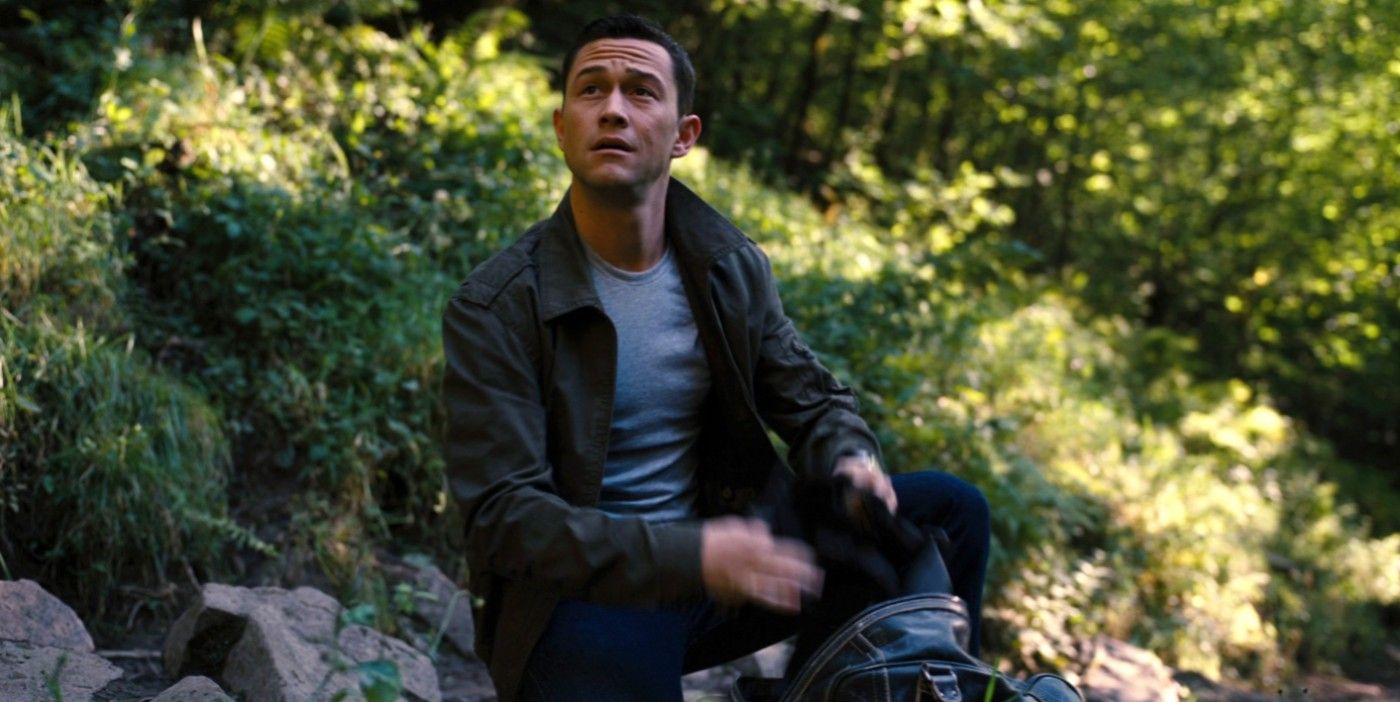
From the very beginning, the DCEU and the Dark Knight trilogy were spiritually linked. Not only did Christopher Nolan serve as executive producer on Man of Steel (and subsequent efforts), but Warner Bros.’ original intention was to reinvent Clark Kent in the same gritty and realistic light that had served Bruce Wayne so well. Indeed, Man of Steel existing within the same continuity as Bale’s Batman and the hugely successful Nolan universe didn’t seem so wild in 2013.
According to Zack Snyder, the Dark Knight connection was dropped partly because Joseph Gordon-Levitt’s age didn’t align with the grizzled Batman the director had in mind, but this is just one of many contradictions and complications that would’ve arisen. In continuity terms, vital Batman characters and storylines suddenly become unavailable. For instance, Jeremy Irons’ Alfred Pennyworth represents a key component of the DCEU tapestry, but it makes little sense for Michael Caine to be butler-ing John Blake’s Batman. Even more so than giving Alfred the boot, DC starting its ambitious big screen shared universe with a non-Bruce Wayne Batman seems counterproductive – like the MCU introducing John Walker’s Captain America before Steve Rogers.
Presenting an even bigger obstacle to the DCEU-Dark Knight partnership is the tone each series brings to the table. Warner Bros. might’ve used Nolan’s template, and Snyder certainly errs toward the shadowy end of the superhero spectrum, but his DCEU incorporates a very different style of intensity compared to the Dark Knight trilogy – more visually striking, openly inspired by the source material, and stylistic in its violence. A Snyder-ized version of Nolan’s Gotham City risks a calamitous clash of visions – similar to how Joel Schumacher’s Gotham is supposed to be Tim Burton’s, but really, really isn’t.
And that’s all before wrestling with the concept of aliens and superpowers in Nolan’s Dark Knight trilogy. Christian Bale’s time as Batman wasn’t just grounded for a comic book movie, it was grounded, period. Kryptonians, Atlantis, metahumans, and Amazonians all sit at the DCEU’s core… but are completely, undeniably incompatible with Nolan’s sandbox. Despite arriving with similar intentions, the DCEU and the Dark Knight trilogy go together like ACE Chemicals and proper health and safety procedure.
How Gordon-Levitt’s Batman Would’ve Differed From Ben Affleck’s
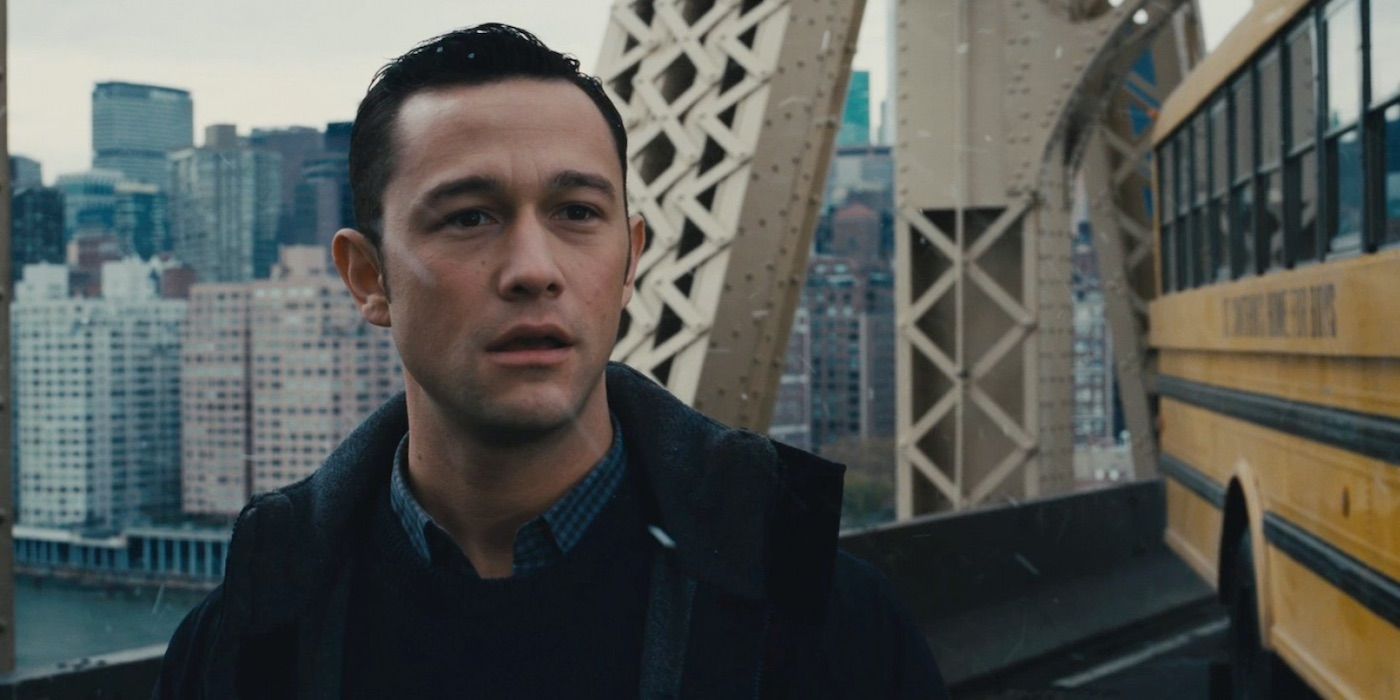
Imagine an alternate reality where instead of creating the DCEU as a lone entity and casting Ben Affleck as Batman, Zack Snyder and Warner Bros. decided to set their shared DC universe within Christopher Nolan’s continuity, in which Joseph Gordon-Levitt’s John Blake was now established as Gotham City’s new Batman. Gordon-Levitt’s character would be completely changed from Affleck’s and, against all odds, probably adopts an even darker persona.
When Batfleck is first introduced in Batman V Superman, he’s a jaded, lonely, brutal superhero rapidly heading toward the twilight of his career. Bruce’s misery has been compounded by the death of Dick Grayson at the hands of Joker, which lit a vengeful fire in the vigilante’s gut. As Batman makes new super-friends in Diana, Clark, Barry, and the rest, he gradually softens, relearning to trust, cooperate, and have hope. Assuming Snyder would still want a grim, violent Batman in the DCEU, Joseph Gordon-Levitt’s arc would play out in the exact opposite direction. Where Affleck’s character was introduced grumpy, The Dark Knight Rises depicts Blake as a heroic, morally righteous man of the law. Because the audience have seen who Blake used to be, Batman’s DCEU story would switch from “how does he rediscover his humanity?” to “how did such a wholesome Batman become so dark?”
Almost a decade Ben Affleck’s junior (but, let’s face it, looking even younger), Gordon-Levitt’s Batman also can’t play the “embittered veteran” card. Rather than being hardened by age like Batfleck, John Blake’s change of attitude must’ve been triggered solely by some traumatic event experienced while serving as Gotham’s protector. Using the DCEU’s existing mythology, perhaps Blake recruited Dick Grayson (a kid from his old orphanage?), only for the sidekick to be killed in action. Without the same veteran status to explain his cynicism, the DCEU would have no choice but to place more emphasis on Blake losing Robin.
Another major theme in Ben Affleck’s DCEU journey is leadership, which also doesn’t apply to Joseph Gordon-Levitt. Unlike the DCEU’s Bruce Wayne, Blake is relatively new to the superhero game, and him taking point in a team that also includes Wonder Woman and Superman simply doesn’t fly (literally). Bruce Wayne could get away with that shtick; John Blake can’t. In lieu of leading the Justice League, Blake could learn from the more experienced heroes instead, grappling with the same moral questions that once puzzled Bruce Wayne, and forcing John to examine his place as Batman’s appointed successor.
How The DCEU Would’ve Changed (Including Batman V Superman)
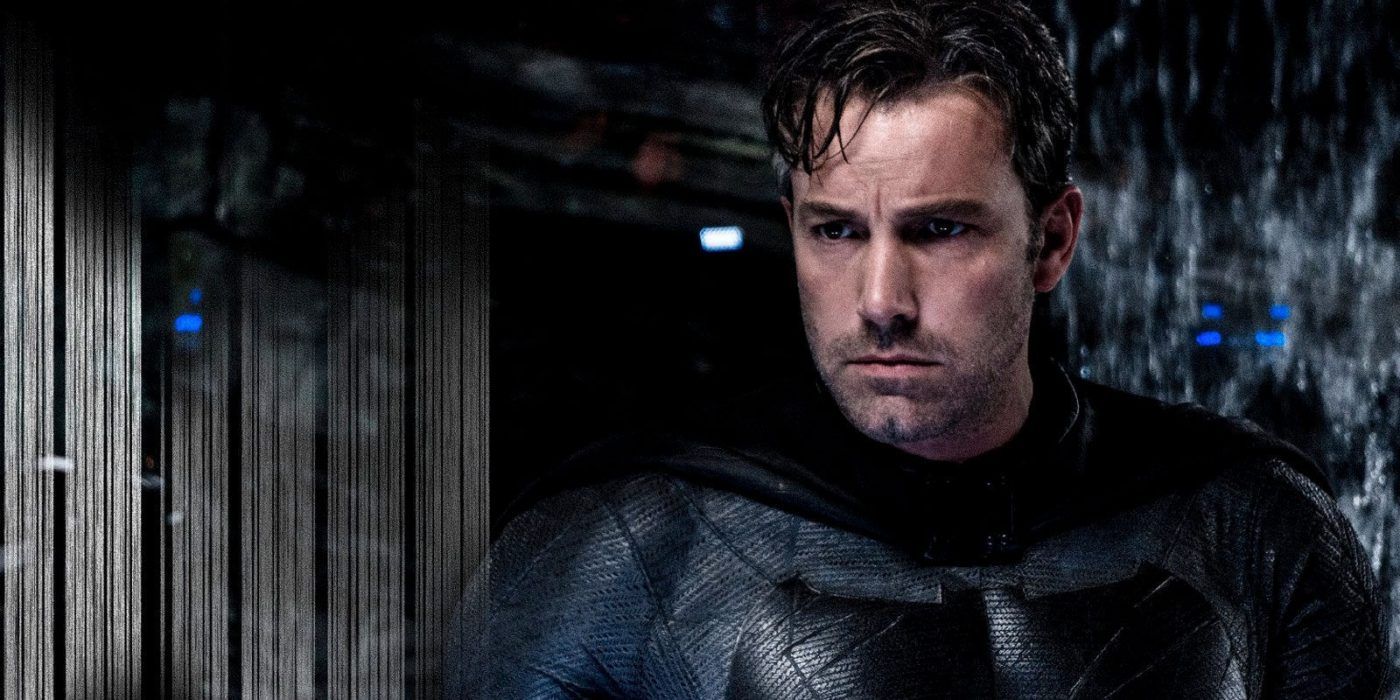
Joseph Gordon-Levitt playing Batman begins a massive domino effect upon the wider DCEU, beginning with Batman V Superman. The central idea that John Blake witnesses Superman’s battle with General Zod and decides the Kryptonian can’t be allowed to roam free still works, especially with Gordon-Levitt playing an even more miserable Caped Complainer. The rest of the story, however plays out very differently – largely because Blake isn’t a billionaire celebrity. Even if we assume Batman 2.0 teams up with Lucius Fox and can access the considerable money and resources of Wayne Enterprises, Blake doesn’t possess Wayne’s engineering nous, and his time at Gotham’s police academy probably wasn’t on par with the League of Assassins’ training program.
As such, it’s hard to buy John Blake donning a suit of hi-tech armor and facing Supes head-on. More likely, the ex-cop would throw a barrage of villains at the Kryptonian, set the army and police on him, and then, when the Man of Steel is at his weakest, run in with a Kryptonite spear for the finishing blow. John’s mother isn’t called Martha either, so Clark better find another way to talk Batman down.
Moving onto Suicide Squad, say goodbye to Jared Leto’s Joker. If the DCEU were set in Christopher Nolan’s world, recasting Joker could be viewed as a disrespectful sleight upon the late Heath Ledger, effectively ruling the Clown Prince of Crime from Snyder’s DCEU altogether. Since Joker is captured at the end of The Dark Knight, Margot Robbie can still feature as Harley Quinn, corrupted by Ledger’s villain off-screen, but Joker himself remains an unseen presence in Suicide Squad. That wouldn’t necessarily be a bad thing.
When Justice League rolls around, John Blake’s lack of superhero experience and non-existent bond with Clark Kent (no Martha, remember) mean he has little cause to assemble a team of heroes. The onus for forming the Justice League would fall entirely upon Diana, with Blake chosen as one of her recruits. Surrounded by metahumans, gods and aliens, John would no doubt start questioning his worthiness in occupying the Batman mantle, and his Justice League journey could be all about dispelling those doubts, rather than leading the charge or seeking redemption.
In general terms, one would imagine being combined with Christopher Nolan’s Batman world might temper the DCEU’s more fantastical elements. This means less chance of seeing characters such as Shazam, Enchantress, Martian Manhunter, and Green Lantern, while even the Wonder Woman, Flash and Aquaman might be altered to appease a slightly more realistic ethos. Instead, the DCEU’s plans could’ve potentially shifted onto less outlandish characters – Batgirl, Green Arrow, Deathstroke, etc.
The DCEU’s Multiverse Focus Could’ve Been Different
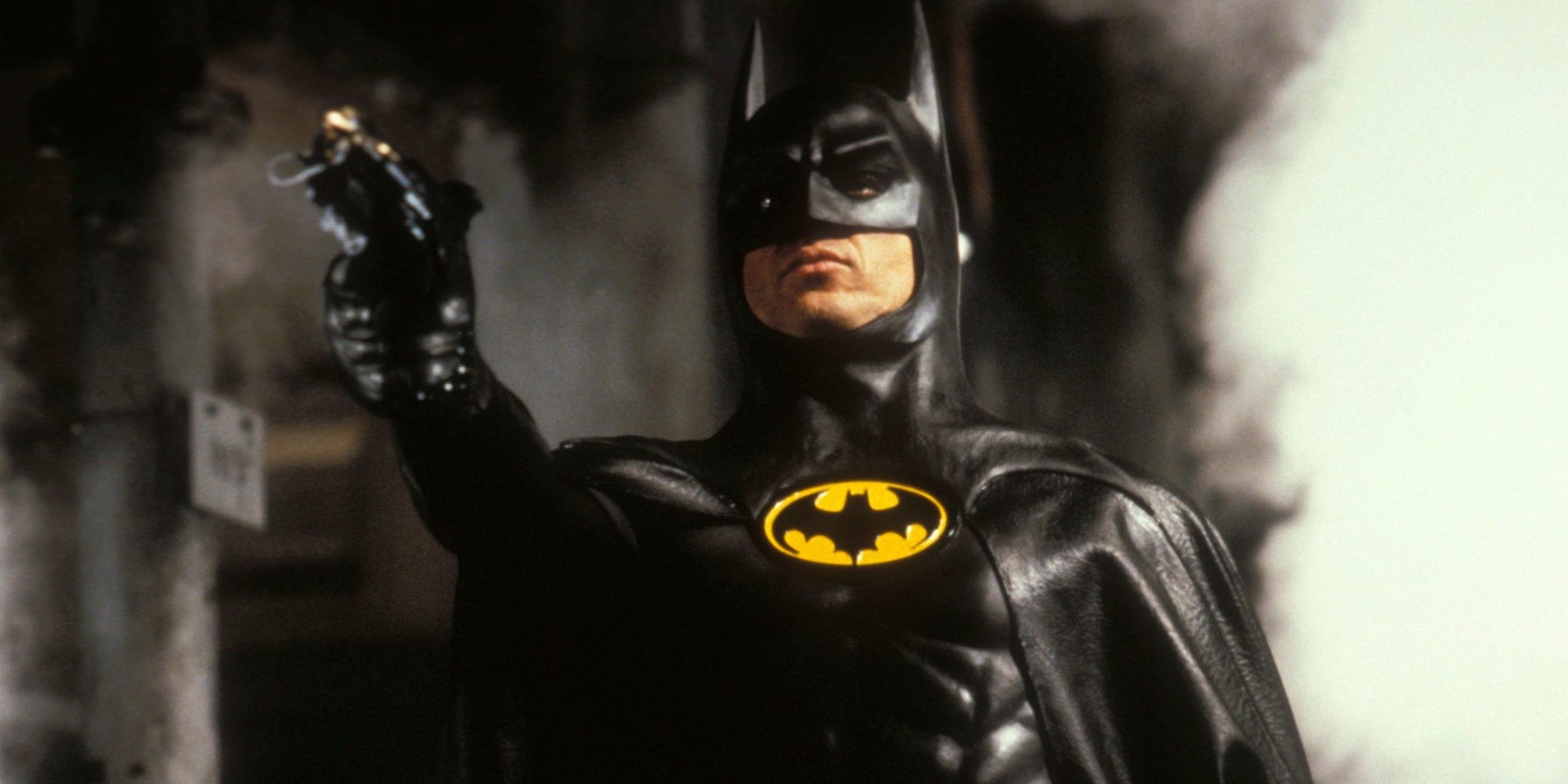
With 2022’s The Flash, the DCEU is bringing Michael Keaton’s Batman back to the big screen, making use of the multiverse to connect previously disparate DC releases. This potentially includes the Dark Knight trilogy, and an appearance from Joseph Gordon-Levitt’s Batman remains distinctly possible under the “there are no rules” rules of the multiverse. But had the DCEU been set within Christopher Nolan’s continuity from the beginning, the multiverse angle might’ve been deemed unnecessary.
Rather than recalling Keaton as a secondary Batman alongside Barry Allen and John Blake, it would make more sense for Christian Bale to curtail his long vacation with Catwoman. As the man who set Blake upon his superhero path, there’s plenty for the pair to discuss, and probably lots the current Batman needs to get off his chest. With Bale filling the “veteran Dark Knight” role, the need for Keaton, and the entire multiverse story direction in The Flash, disappears. The DCEU’s connection to the Dark Knight trilogy would likely dissuade (or at least delay) Warner Bros. from pulling the multiverse trigger, since there are other characters already in the same fictional universe that can perform the same function.
Would Gordon-Levitt’s Batman Have Been Better For The DCEU Franchise?
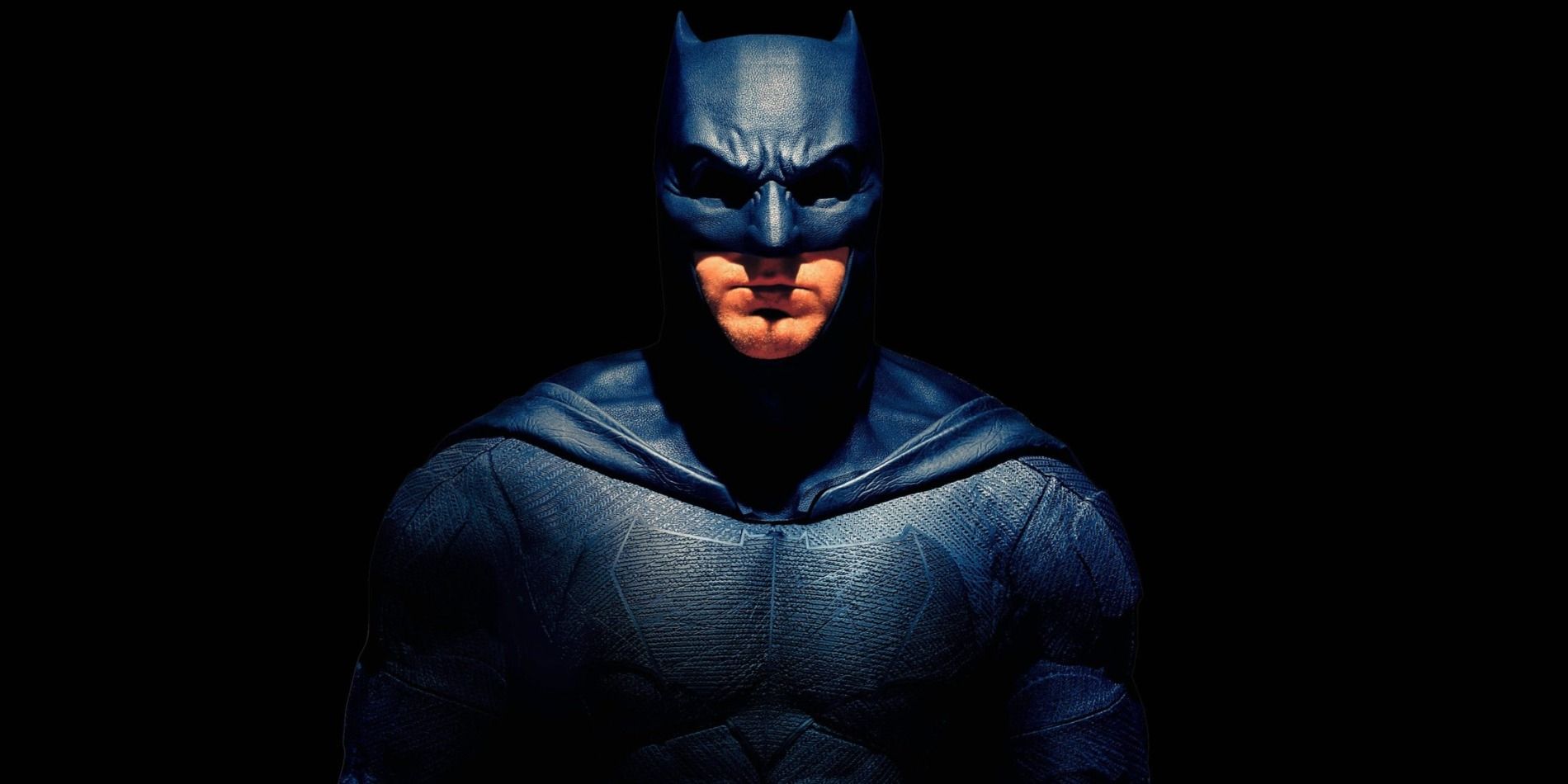
If the DCEU had followed on from The Dark Knight Rises and reintroduced Joseph Gordon-Levitt as Batman, would the franchise has been better for it? Generally speaking, no.
On one hand, the initial buzz of getting a fully-formed John Blake Batman would send The Dark Knight fans dizzy with excitement, while expanding the NolanVerse into a shared franchise generates headlines on its own. It goes without saying that fan reaction toward Gordon-Levitt’s return would’ve been considerably more positive than the furor Ben Affleck’s casting was greeted with. Standing on the shoulders of a pre-existing, wildly successful movie franchise also gives the DCEU a stronger foundation to build from, and requires less setup since fans are already familiar with Blake and the world he occupies.
It’s all downhill from there though. The aforementioned clash of tones between Nolan’s Dark Knight trilogy and Snyder’s DCEU is an insurmountable obstacle, and the restrictions imposed upon the fledgling series (no Joker, no Alfred, no Bruce) outweigh the benefits of borrowing Nolan’s universe. Despite the initial voices of dissent, Ben Affleck is nowhere near as bad a Batman as many suspected, and the DCEU’s problems instead lie in poor planning, conflicting creative voices, and poor storytelling – especially with regards to Batman V Superman. Joseph Gordon-Levitt’s Batman might offer that initial boost of audience goodwill, but he alone couldn’t have fixed the DCEU‘s myriad of problems, and the Dark Knight trilogy’s association would become an albatross for both franchises before long, despite seeming tantalizing at first glance.
Key Release Dates
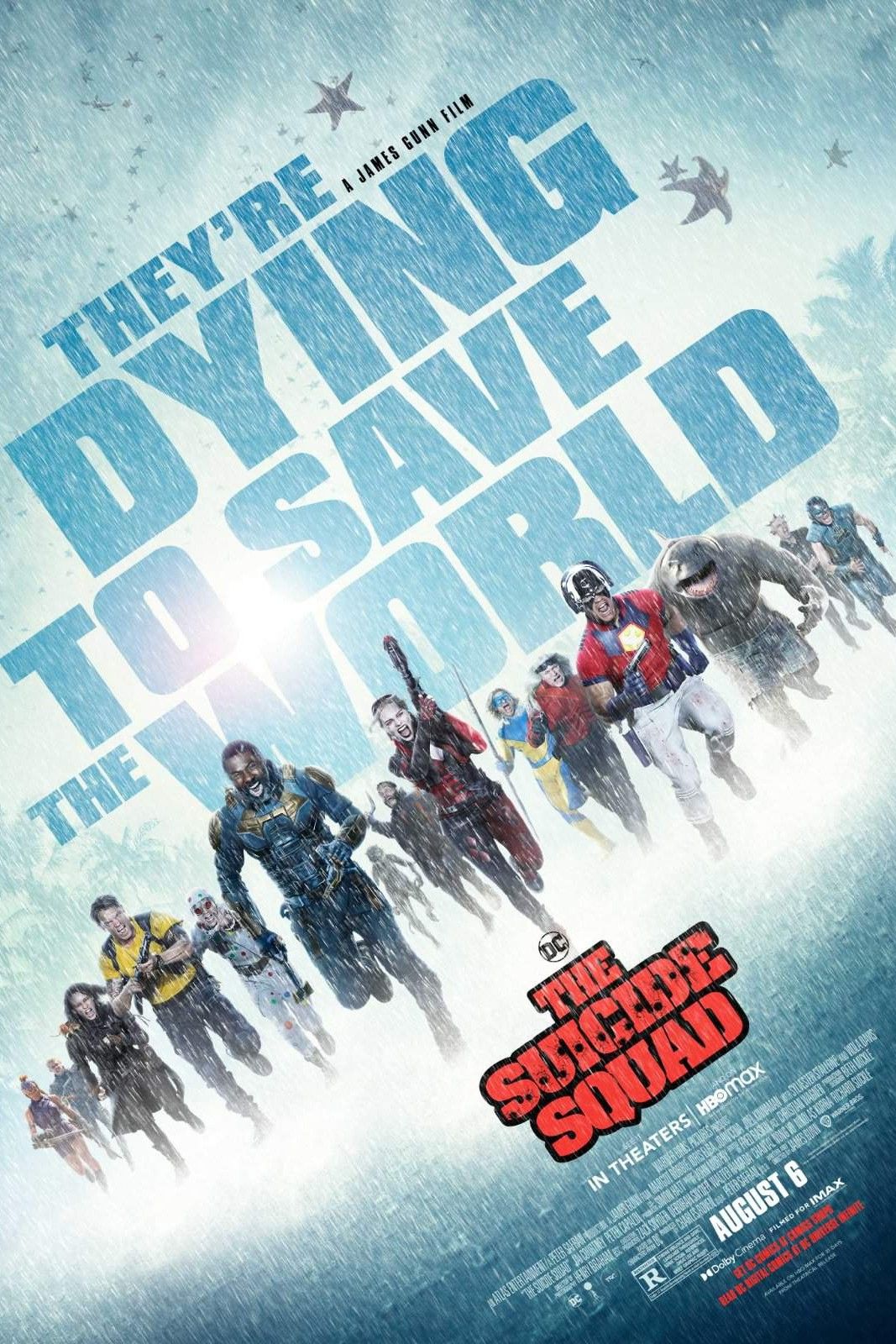
The Suicide Squad
Release Date:2021-08-06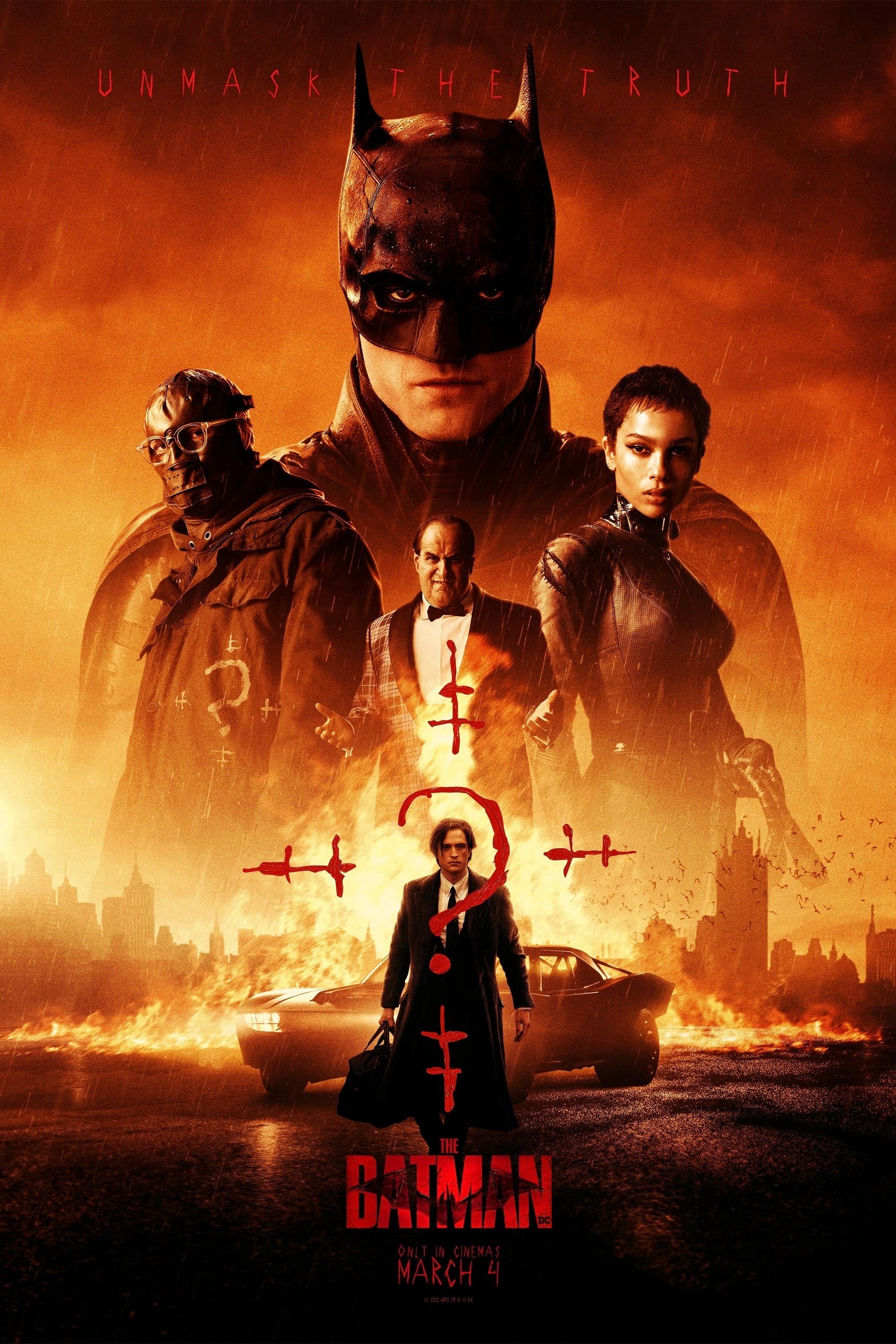
The Batman
Release Date:2022-03-04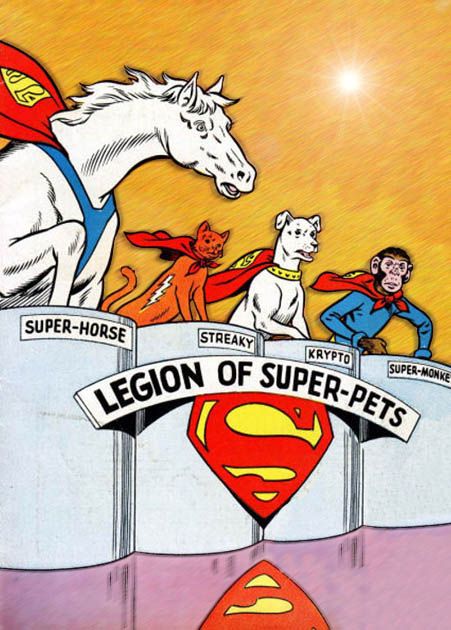
Super Pets
Release Date:2022-07-29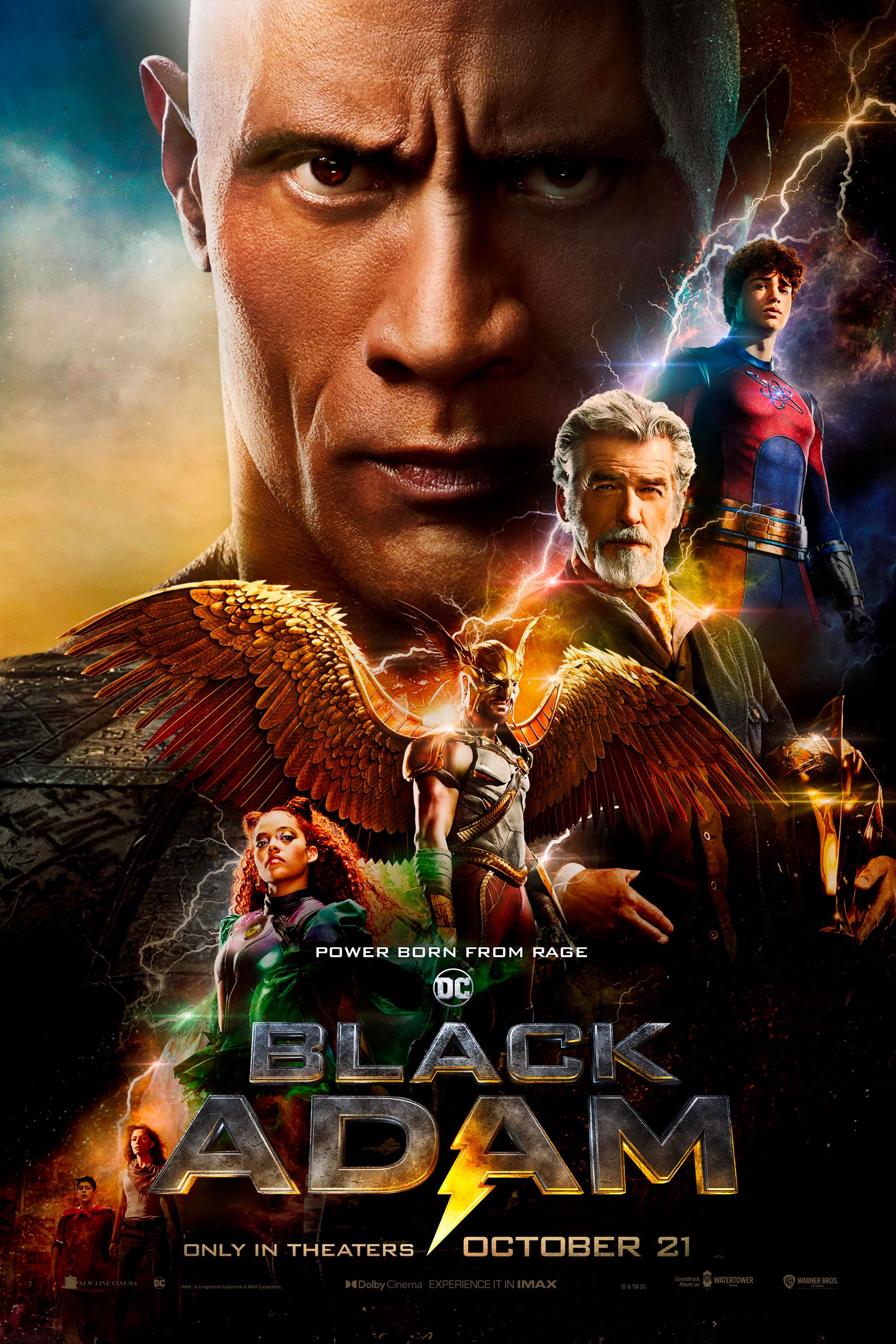
Black Adam
Release Date:2022-10-21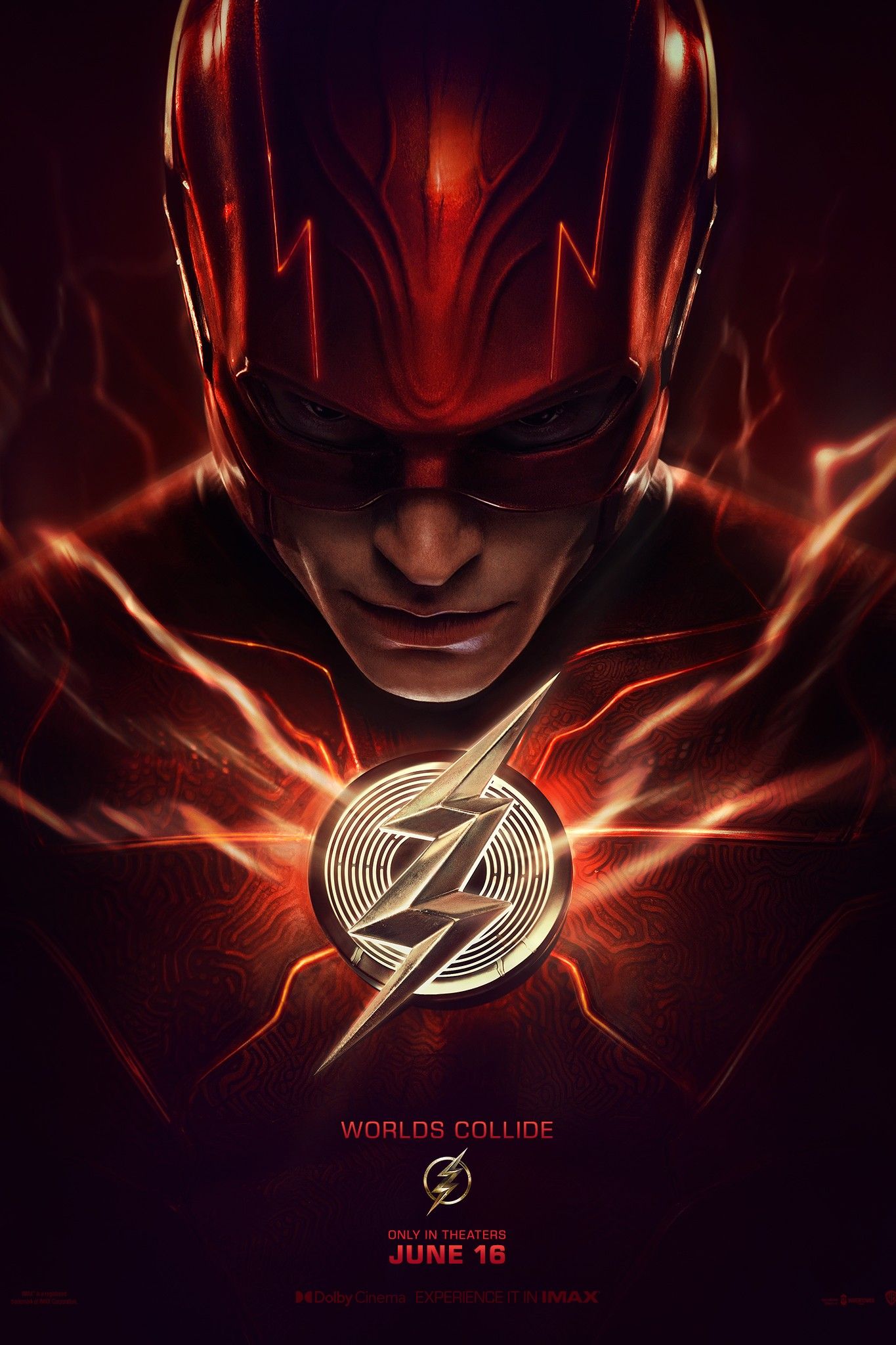
The Flash Movie2
Release Date:2023-06-16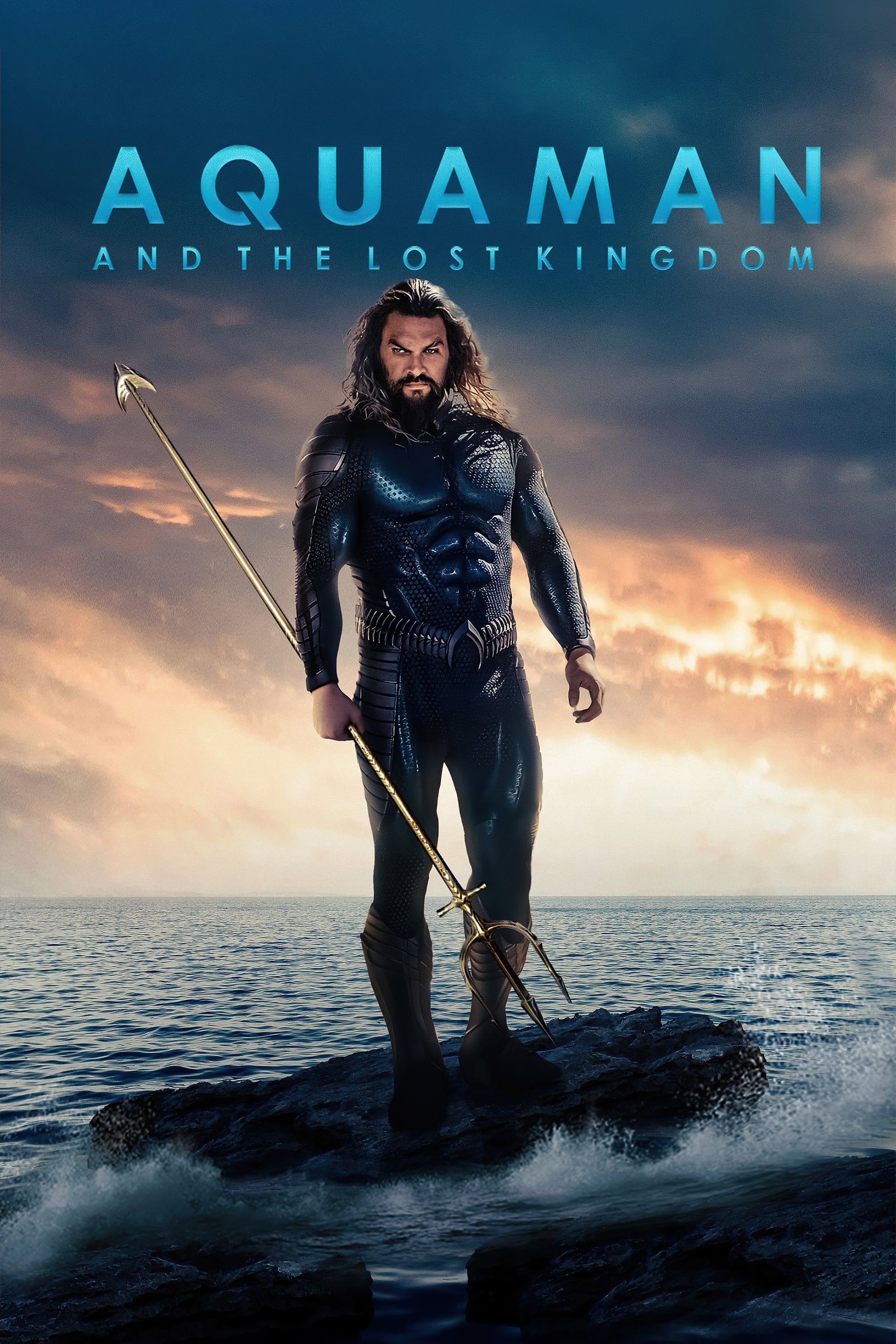
Aquaman 2
Release Date:2023-12-25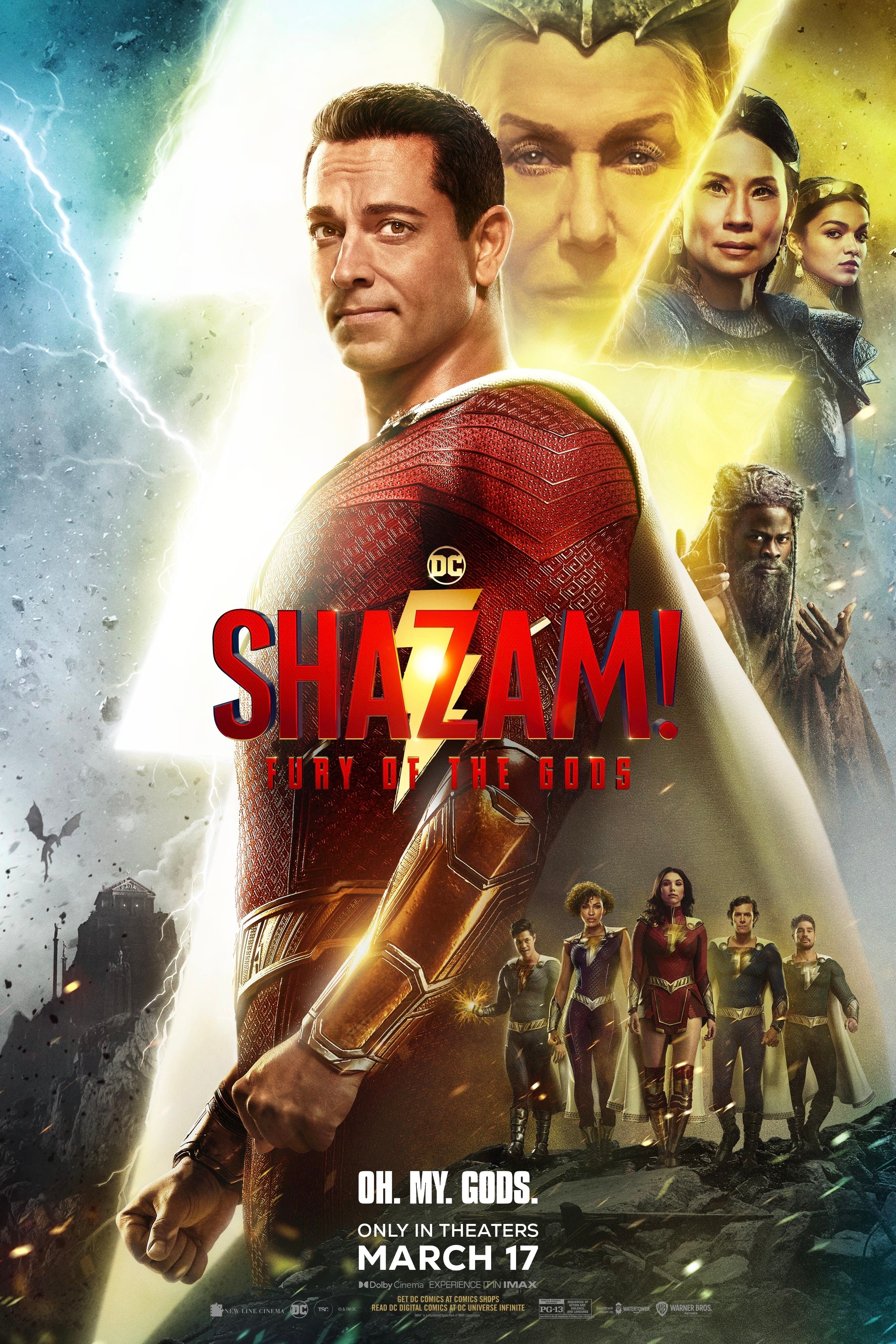
Shazam! The Fury of the Gods
Release Date:2023-03-17
